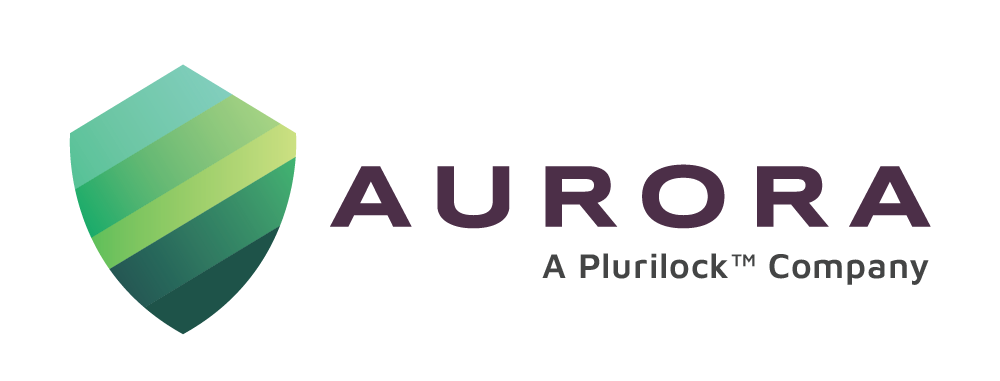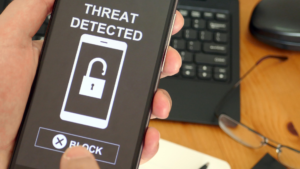Password security is key to keeping your information safe from hackers. It is one of many preventatives measures you can take to protect yourself and your business! In this area of so much hacking and breaching of data we want to make sure you know some key points about password protection!
Five Things to Know When it Comes to Password Protection:
1. The longer, the better!
Most website sign-ups require your password to be more than six characters before accepting it. But, a longer password takes much longer to crack. We suggest that passwords 12+ characters (but more is always better!).
2. Variety, Variety, Variety!
If your password only uses one type of character, then you should definitely update it! Using one form of character is not a secure practice, do not just use letters. Make sure your password (for anything) includes at least one capital letter, number, and special character. The more variety you use the more complex your password is to be hacked.
3. Two is better than One
Consider using Multi-factor authentication, many services offer multiple ways to verify your identity if someone logs into your account from an unrecognized account. Typically, the service will email or text you a code to make sure it is actually you. This is an easy way to make sure other devices aren’t trying to access your information.
4. Be Aware of “Phishing”
Be extremely cautious when opening random links via email or text (even if it appears to be from a legitimate site) that asks you to log in to change your current information or asks for any personal information. These are called “phishing” scams and they have become extremely complex and even personally targeted to online users. The scammers will take whatever information you typed in and use this to hack your accounts. A way to prevent this if you have any doubts is to manually type the URL into your browser yourself and see what your account says.
5. Use More than One Password
It is possible that once that password does get cracked that, they can use it to crack other accounts and information. Keep your passwords diverse to keep yourself from getting hacked.




